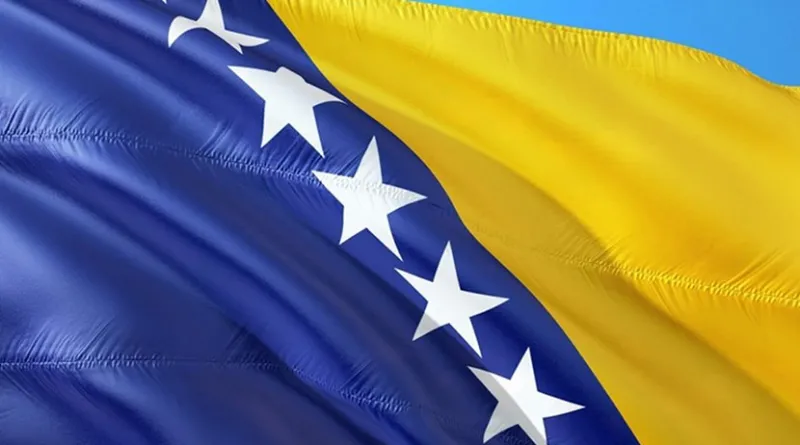
Bosnia’s ten-party state-level coalition government lost two member parties on Thursday, only 20 days after it was formed in mid-December.
The Party for BiH and People’s European Alliance, NES, both from the Federation of Bosnia and Herzegovina, the larger of Bosnia’s two entities, quit the coalition demanding retraction of a new law on state property adopted by the assembly of Republika Srpska, the country’s other entity, on December 28.
The government has not lost its majority, however. Of 42 seats in the state-level parliament, the coalition still has 23.
The state-level coalition now comprises eight parties: the main Bosnian Serb party, the Alliance of Independent Social Democrats, SNSD, the Croatian Democratic Union, HDZ, and six parties from the so-called “Osmorka” (Eight) – which is a group of Bosniak and civic parties from the Federation of Bosnia and Herzegovina.
According to political analyst Vehid Sehic, it is still early to talk about the fall of the government.
“Only the state-level coalition has split up, but the one in the Federation [entity] is not in question,” Sehic told BIRN, referring to the coalition agreement in the Bosniak and Croat-dominated entity.
Sehic said that not much will change in the state-level government with the Party for BiH and NES stepping out.
“It is not uncommon for countries to have minority governments, and I am not expecting these two parties to join the opposition. They probably will not participate in the government, but will support it,” Sehic said.
The coalition already appointed a new chair of the Council of Ministers in December, a de facto state prime minister, the vice-president of the HDZ, Borjana Kristo.
A political analyst and researcher with the fact-checking organisation Istinomjer (Truthmeter) from the capital, Sarajevo, Denis Carkadzicon, took to Twitter and said Republika Srpska President Milorad Dodik had “outplayed his coalition partners with ease.
“All he needed to secure was the appointment of Kristo. From that moment, he started freely and openly with his planned projects,” Carkadzic wrote, referring to the controversial law on state property.
Dodik has said his entity will not give up on the property law “because it was not part of the agreement negotiations” that followed the October 2 2022 elections.
Meanwhile, Dodik said that he fully backs the coalition agreement. “This is an excellent opportunity for citizens to benefit from our agreement with the Eight and the HDZ, for various projects to be launched, to try to use this [EU[ candidate status in a way to ask the EU for a financial injection and move things in a better direction,” Dodik said, the daily Oslobodjenjereported.
The EU granted Bosnia candidate country status last autumn.
In April last year, Christian Schmidt, High Representative of the international community, used his extensive so-called “Bonn powers” to annul an earlier law on state property adopted by the Republika Srpska assembly. Bosnia’s highest court in September last year then ruled that state property is solely under the jurisdiction of the Bosnian state, not the two entities.
